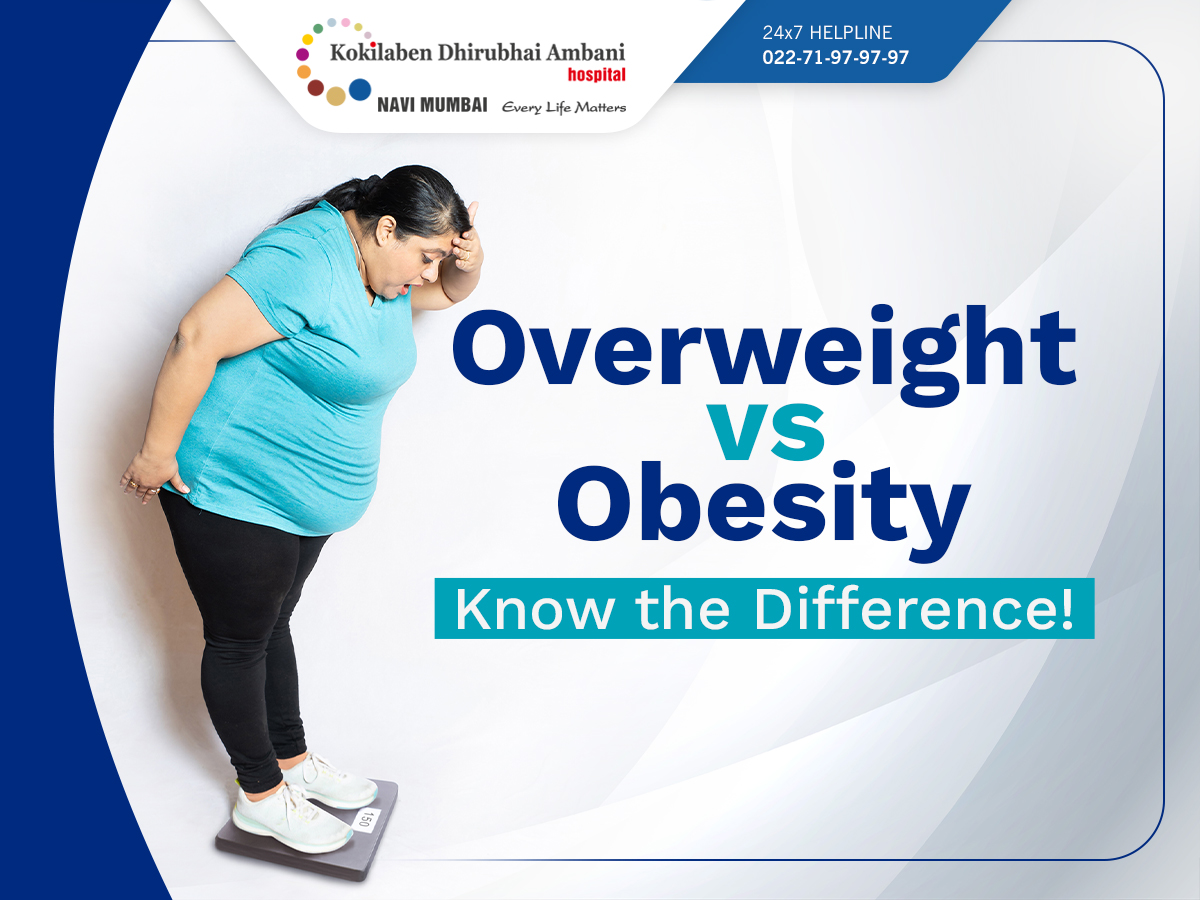
Understanding the difference between overweight and obesity is crucial when it comes to managing your health. 𝗢𝘃𝗲𝗿𝘄𝗲𝗶𝗴𝗵𝘁 is defined as having more body weight than is considered normal or healthy for a given height, but it doesn’t always mean excess fat. A person is considered overweight if their BMI (Body Mass Index) is between 25 and 29.9. 𝗢𝗯𝗲𝘀𝗶𝘁𝘆 is a more severe condition where fat accumulation has reached a level that can impact your health. A person is classified as obese if their BMI is 30 or higher. Obesity significantly increases the risk for heart disease, stroke, type 2 diabetes, and other serious health conditions. Both overweight and obesity can lead to chronic diseases, but obesity is linked to more severe long-term health risks. The good news? Both conditions can be managed with healthy eating, regular physical activity, and lifestyle changes. If you're struggling with your weight, consult a doctor to help you develop a personalized plan. #WorldObesityDay #OverweightVsObesity #ObesityAwareness #HealthyLiving #BodyMassIndex #WeightManagement